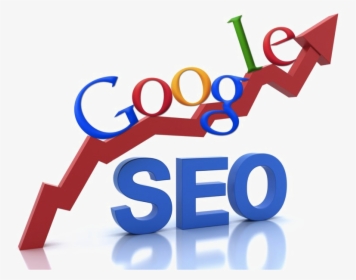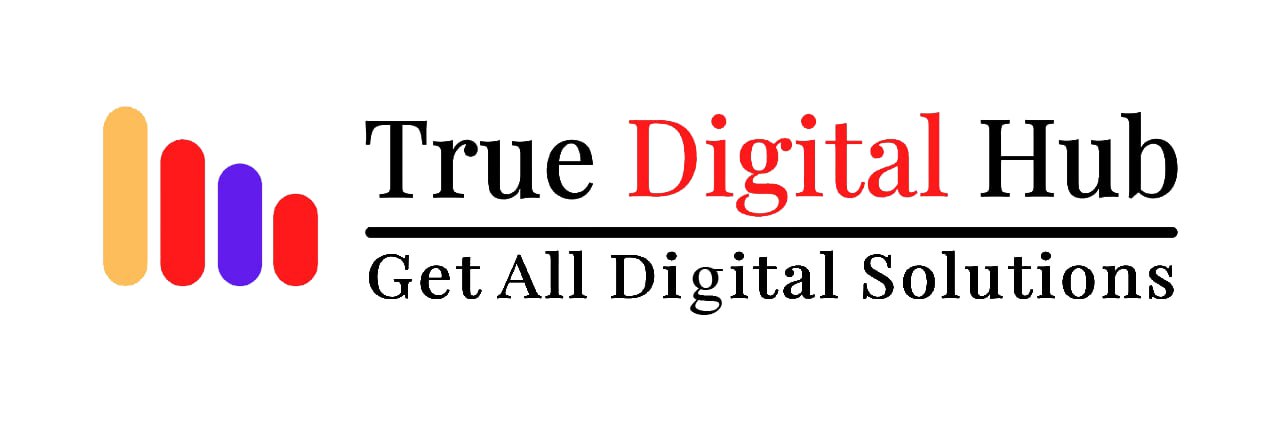Search Engine Optimization (SEO)
Search Engine Optimization (SEO)
https://truedigitalhub.in/Search Engine Optimization (SEO) is an essential aspect of digital marketing for any business, including a true digital hub agency. Here are some tips for optimizing your agency’s website for search engines:
Keyword research: Conduct keyword research to identify the keywords and phrases that your potential clients are searching for. Use these keywords in your website’s content, headings, meta tags, and descriptions.
Quality content: Create high-quality, informative, and engaging content that addresses the needs and interests of your target audience. This can include blog posts, case studies, white papers, and videos.
Website structure: Ensure that your website’s structure is easy to navigate, with a clear hierarchy of pages and URLs that are descriptive and easy to remember.
Mobile optimization: With an increasing number of users accessing the internet through mobile devices, it’s essential to ensure that your website is optimized for mobile devices. This includes responsive design, fast loading times, and user-friendly navigation.
Backlinks: Build high-quality backlinks from reputable websites in your industry to improve your website’s domain authority and search engine rankings.
Social media: Use social media to promote your content and engage with your target audience. This can help to increase your website’s visibility and attract more traffic.
Analytics: Use analytics tools to track your website’s performance and identify areas for improvement. This can help you to refine your SEO strategy over time and optimize your website for better results.
By implementing these SEO strategies, you can improve your website’s visibility and attract more traffic, ultimately helping your true digital hub agency to grow and succeed in the highly competitive digital marketing landscape Search Engine Optimization (SEO) is an essential aspect of digital marketing for any business, including a true digital hub agency. Here are some tips for optimizing your agency’s website for search engines:
Conduct keyword research
Search Engine Optimization (SEO) is an important aspect of digital marketing, especially for a digital hub agency that offers a wide range of services to its clients. Search Engine Optimization (SEO) is an essential aspect of digital marketing for any business, including a true digital hub agency. Here are some tips for optimizing your agency’s website for search engines: Here are some tips for optimizing your digital hub agency’s website for search engines:
Conduct keyword research: Identify relevant keywords that your target audience is likely to use when searching for services related to your agency. Use tools like Google Keyword Planner, Ahrefs, or SEMrush to conduct keyword research and identify the most relevant keywords.
Create high-quality content: Develop content that provides value to your target audience and is optimized for the identified keywords. Use a mix of text, images, and videos to make your content engaging and shareable.
Optimize website structure: Ensure that your website is structured in a way that is easy for search engines to crawl and index. Use descriptive URLs, title tags, and meta descriptions to optimize your website for search engines.Search Engine Optimization (SEO)
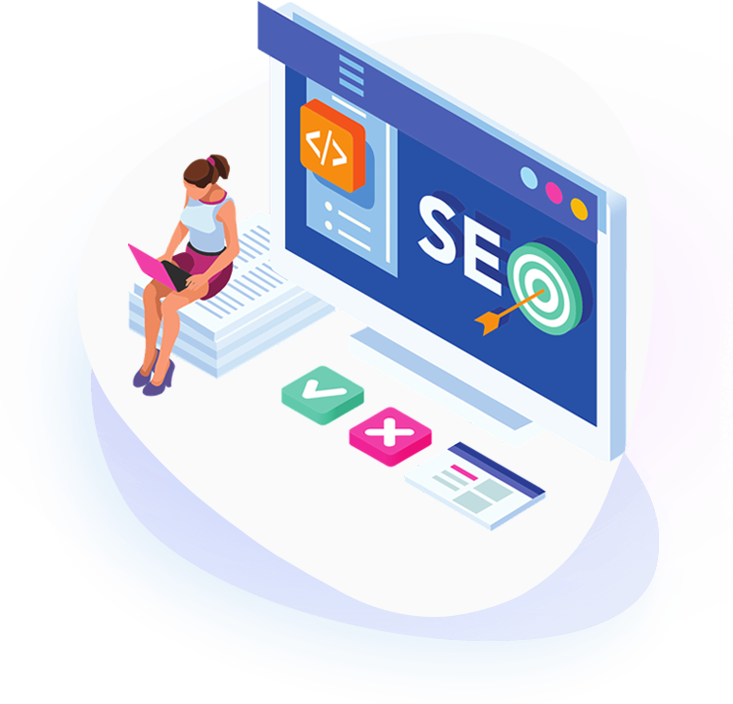
Local SEO
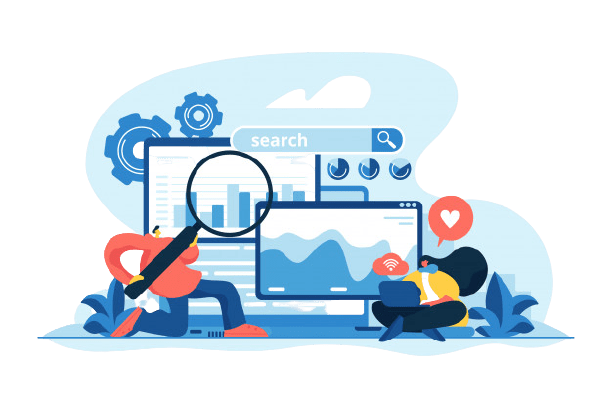
Overall, SEO is an ongoing process, and it requires time, effort, and resources. However, by implementing these tips, you can improve your digital hub agency’s visibility and drive more organic traffic to your website.
Build quality backlinks: Get links from other high-quality websites to your website. This can be done by guest posting, creating infographics, or participating in relevant forums.
Optimize for mobile: Ensure that your website is optimized for mobile devices, as mobile search is becoming increasingly popular.Search Engine Optimization (SEO)
Monitor and measure results: Use tools like Google Analytics to monitor your website’s performance and measure the effectiveness of your SEO efforts. Use this data to make informed decisions about future SEO strategies.Search Engine Optimization (SEO)
Paid SEO
When it comes to SEO, there are two main approaches: organic SEO and paid SEO.
Organic SEO refers to the process of optimizing your website and content to rank higher in search engine results pages (SERPs) for relevant keywords. This is done through techniques such as keyword research, on-page optimization, and link building. The main advantage of organic SEO is that it can drive long-term, sustainable traffic to your website without ongoing costs.
On the other hand, paid SEO (also known as pay-per-click or PPC advertising) involves paying to display your ads at the top of search engine results pages or on other websites. With paid SEO, you can target specific keywords and demographics, and you only pay when someone clicks on your ad. The main advantage of paid SEO is that it can provide more immediate results than organic SEO, especially for highly competitive keywords.Search Engine Optimization (SEO)
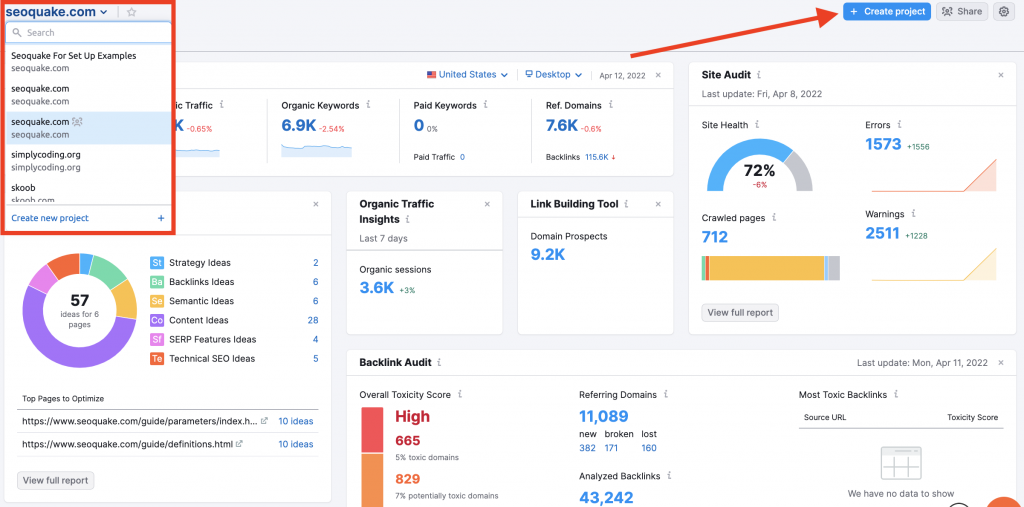
Organic Vs paid SEO
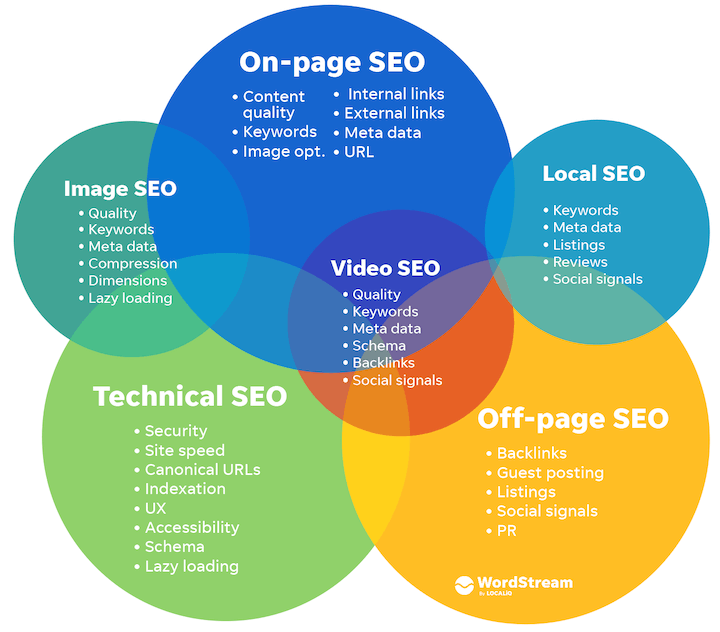
If you’re considering paid SEO, here are some tips to help you get started:
Set clear goals: Before starting a paid SEO campaign, identify what you want to achieve, such as increasing website traffic, generating leads, or boosting sales.
Choose the right platform: Determine which platform(s) you want to use for your paid SEO campaign, such as Google Ads, Bing Ads, or Facebook Ads.
Research your target audience: Conduct research on your target audience to identify the keywords they are using, their interests, and demographics. Use this information to create targeted campaigns.
Develop effective ad copy: Create compelling ad copy that speaks to your target audience and highlights the benefits of your products or services.
Monitor and adjust campaigns: Monitor your campaigns regularly and adjust them as needed based on performance metrics, such as click-through rates, conversion rates, and cost per click.
Paid SEO can be an effective way to drive traffic and achieve your business goals, but it requires careful planning and management to ensure success.
On Page SEO
On-page SEO refers to the process of optimizing individual web pages on your website to improve their search engine rankings and attract more organic traffic. Here are some key on-page SEO factors to consider:
-
Keyword research: Identify relevant keywords and phrases that your target audience is using to search for information related to your website. Use these keywords in your page titles, meta descriptions, headers, and content.
-
Title tags and meta descriptions: Your page’s title tag and meta description are the first things users see in search engine results pages (SERPs). Make sure they accurately reflect the content of your page and include relevant keywords.
-
Headers and subheaders : Use headers and subheaders to break up your content and make it more readable for users and search engines. Use relevant keywords in your headers and make sure they are properly formatted.
-
Content quality: Your content should provide value to your target audience and be well-written, informative, and engaging. Use a mix of text, images, and videos to make your content more engaging.
-
Image optimization: Optimize your images by using descriptive file names and alt text. This helps search engines understand the content of your images and can improve your page’s rankings.
-
Internal linking: Link to other relevant pages on your website to help search engines understand the structure of your website and improve user experience.
-
Page speed: Ensure that your pages load quickly by optimizing images, reducing server response time, and using a content delivery network (CDN).

